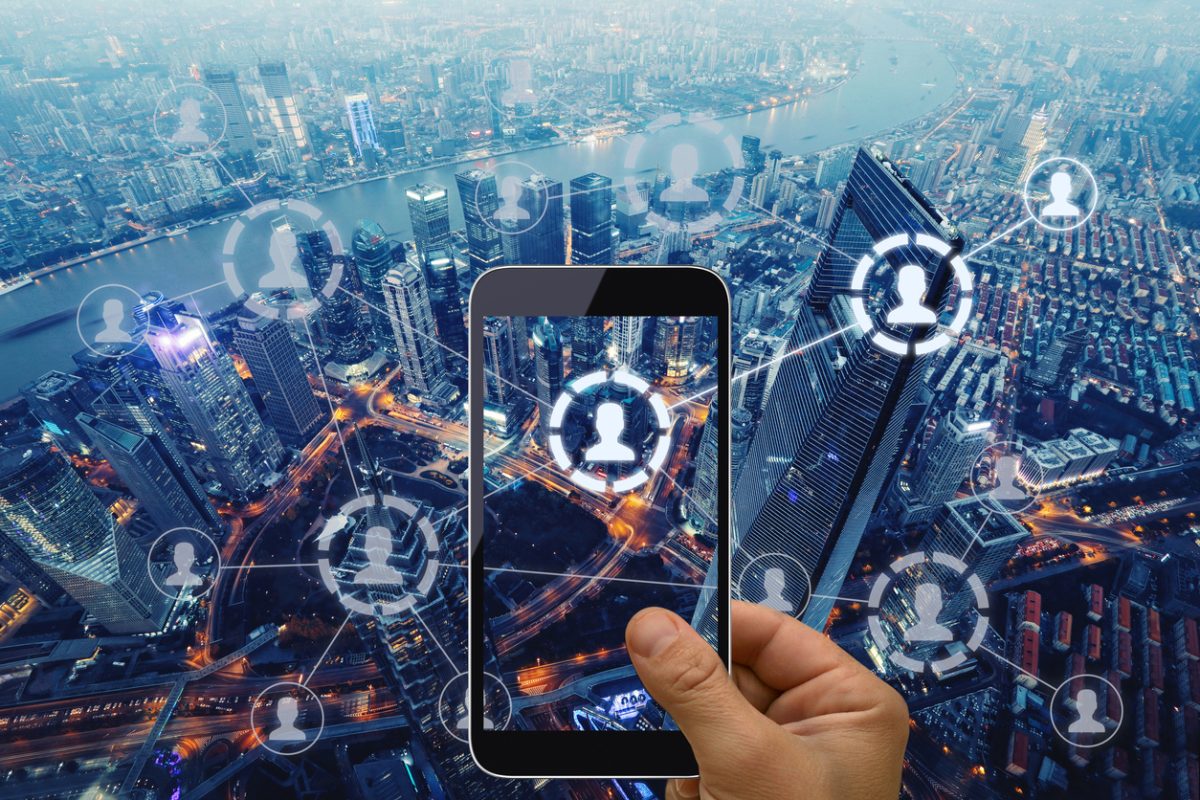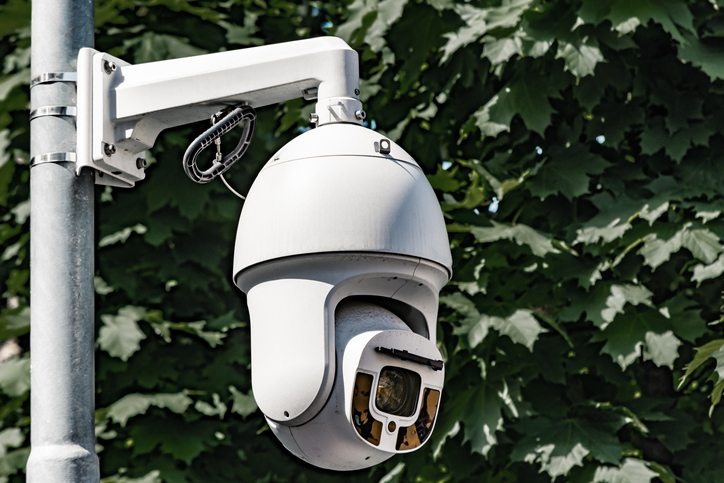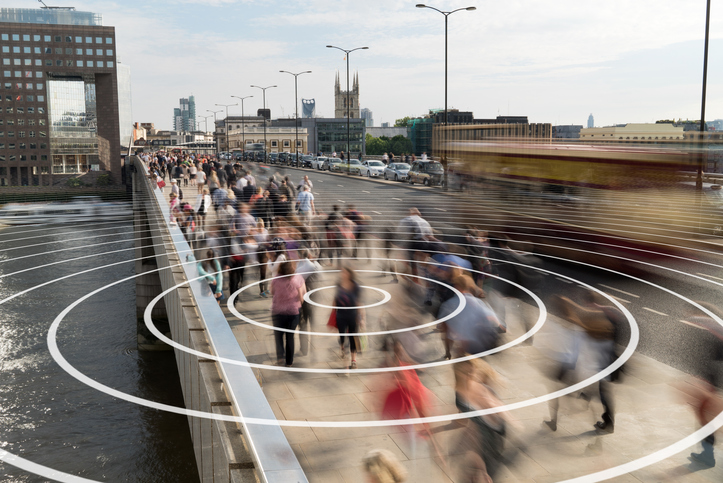Your infant grandson sitting on the (endlessly patient) family dog. His older sister’s kindergarten portrait. The giddy dance they perform every time you play “Yellow Submarine.” They’re all moments you cherish and want to remember. And you know your friends would love them, too. So you do what so many of us do now. You share them. Not just with your closest confidants, but with hundreds of “friends” and countless people you’ll never meet.
Those sweet faces, oblivious to the insatiable hunger of our social media feeds, are also data. Bits of information to be sold, bought, and built into profiles that billion-dollar corporations use to hone their algorithms and perfect their advertising.
This is the information economy, built on tracking our online movements and gathering clues about who we are, how we live, and what we value. As adults, we began participating in this economy as soon as we opened our first email account, ordered a book from Amazon, and posted a shot of our outstretched legs on a sandy beach. We made that choice, even if we didn’t realize then just how much we were giving away in exchange for convenience and connections.
But are we making that choice for our kids and grandkids, too? Are we unwittingly shoving them into this new reality—where every click and image is recorded and analyzed—without their consent? Is that fair?
Big Tech runs on the personal information—the data—we feed it. With it, developers and engineers shape our world. The apps we use, websites we visit, ads we see—they’re all built on our data. Because of that, the companies behind those services and products know a whole lot about us. Governments, which acquire much of that data for their own purposes, do as well.
Where that leaves us is anybody’s guess. We’re the guinea pigs in a worldwide, multi-generational experiment that is far from over. But we should leave our kids out of it. At the very least, we should respect them enough to let them decide if they want to participate.
By sharing photos of their first lost tooth and new birthday dress, we’re handing over their personal information—their age, their preferences, their faces, their anonymity—to Big Tech. All before they have any idea what we’re taking from them.
Don’t love your kids and grandkids any less. Snap all the photos of them you can. But think twice before posting those images. Behind those smiles is information, and it’s not entirely yours to share.
Reprinted with permission from PrivacyParent.com









